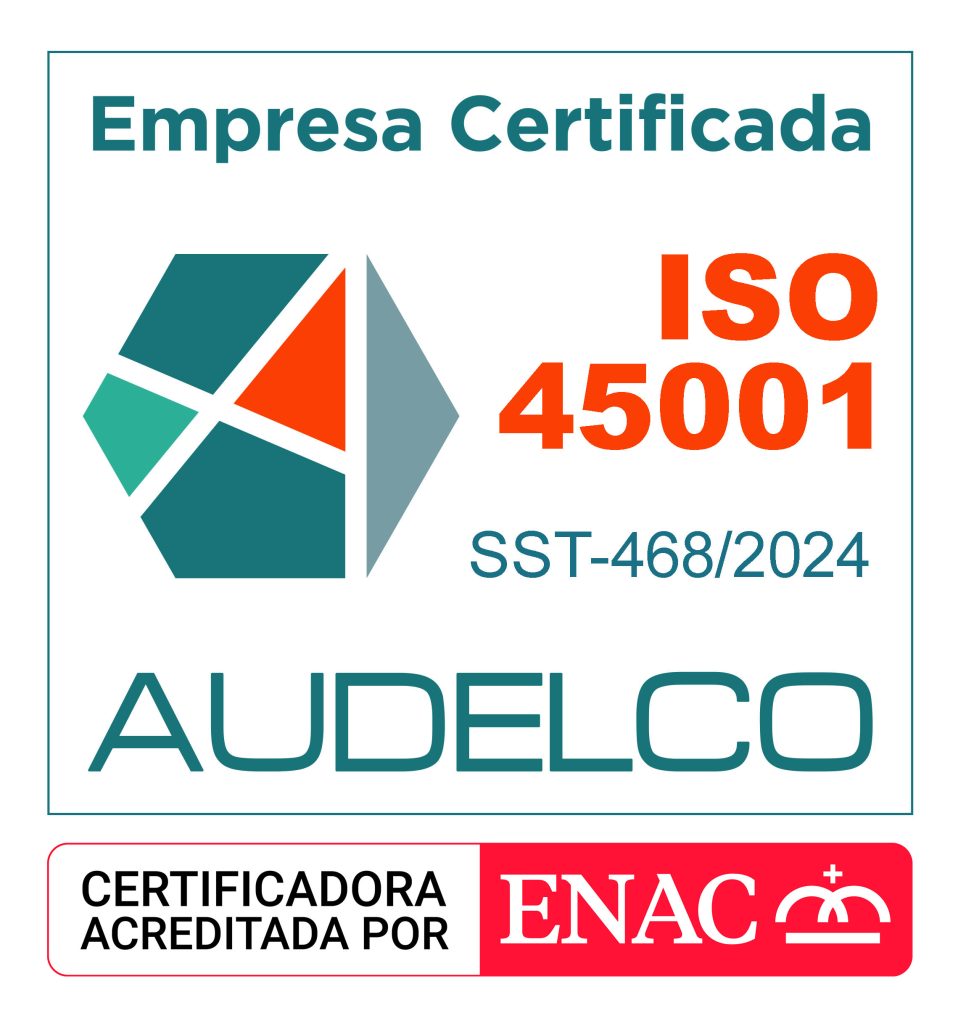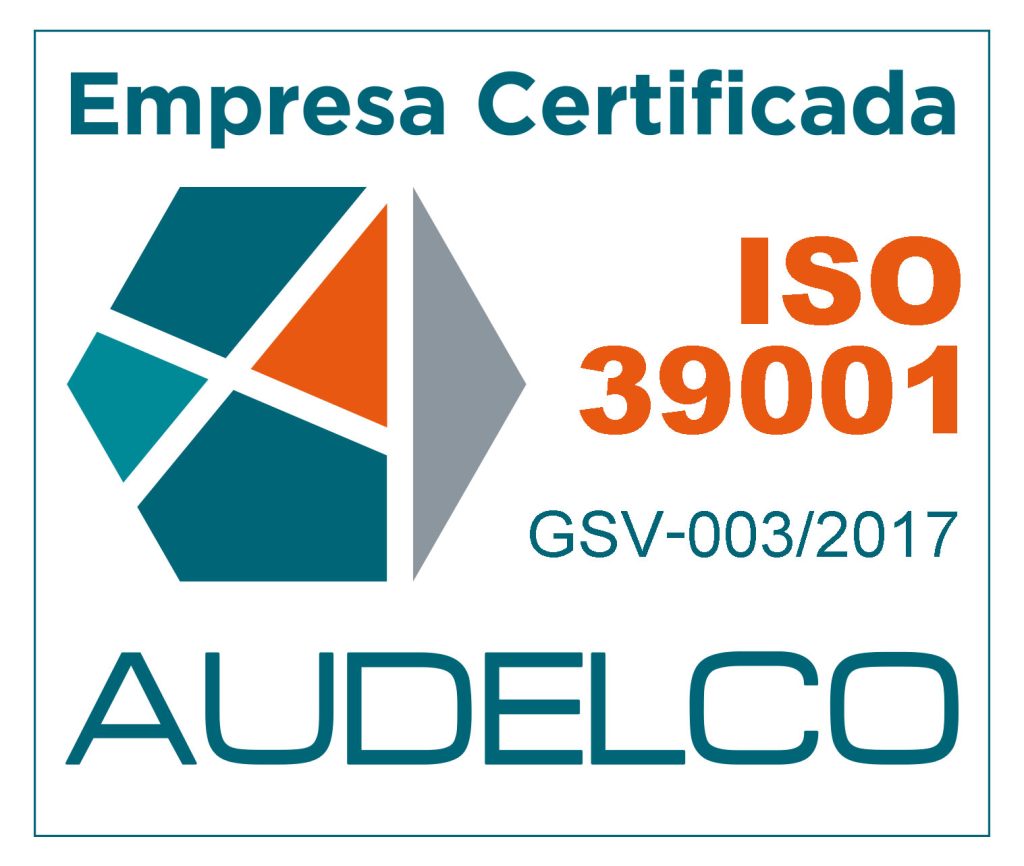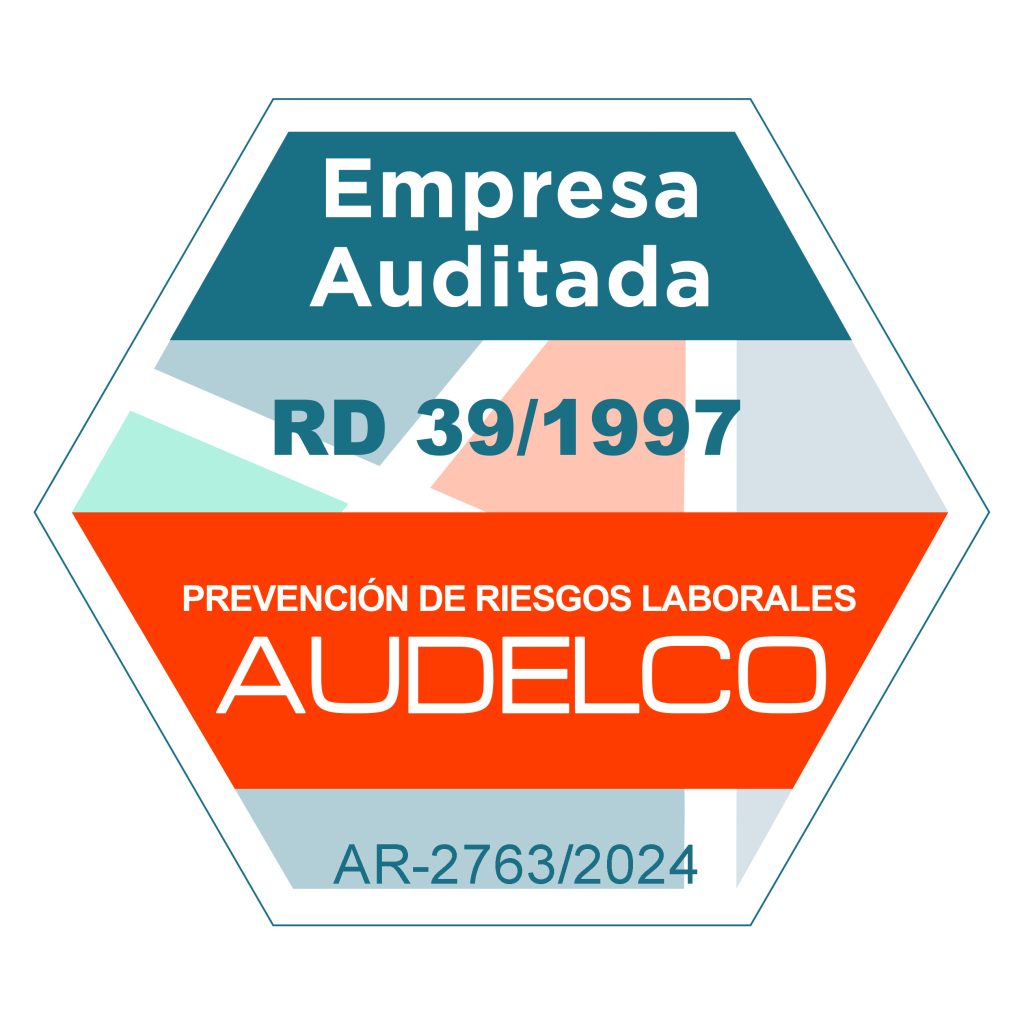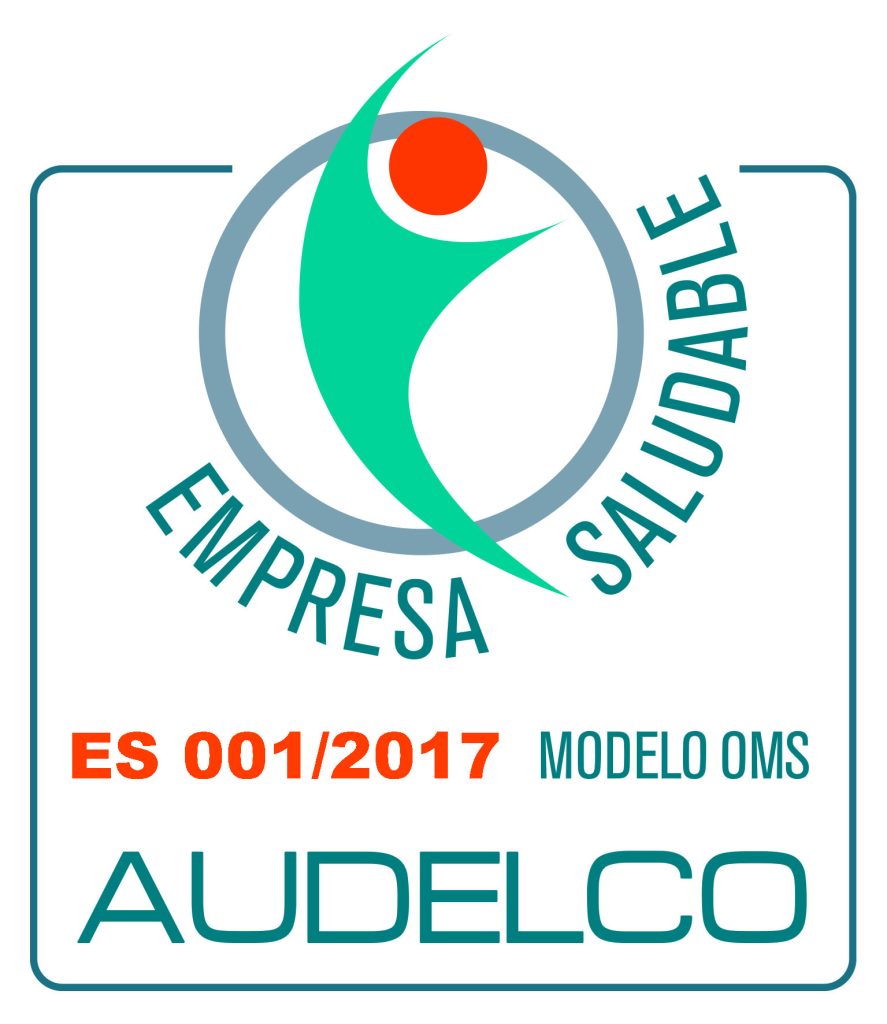
Sustainability
The terminal operates within the framework of Enagás’ and Reganosa’s sustainability commitments (environmental, social and corporate governance). As such, the infrastructure generates value for shareholders, customers, suppliers and other stakeholders while contributing to the development of its environment.
Musel E-Hub is a carbon neutral infrastructure whose operation is in line with the energy sector’s objectives to accelerate the reduction of methane emissions from its facilities.
An environmentally responsible activity
Musel E-Hub has a strong commitment to the environment. It therefore implements measures to minimise any impact that our activities and those of our value chain may have on the environment.
Musel E-Hub supports the objective of the Paris Agreement to limit the global temperature increase to 1.5ºC. It therefore focuses its efforts on improving energy efficiency and reducing greenhouse gas emissions, and offsets its annual emissions with nature-based solutions projects (reducing deforestation).
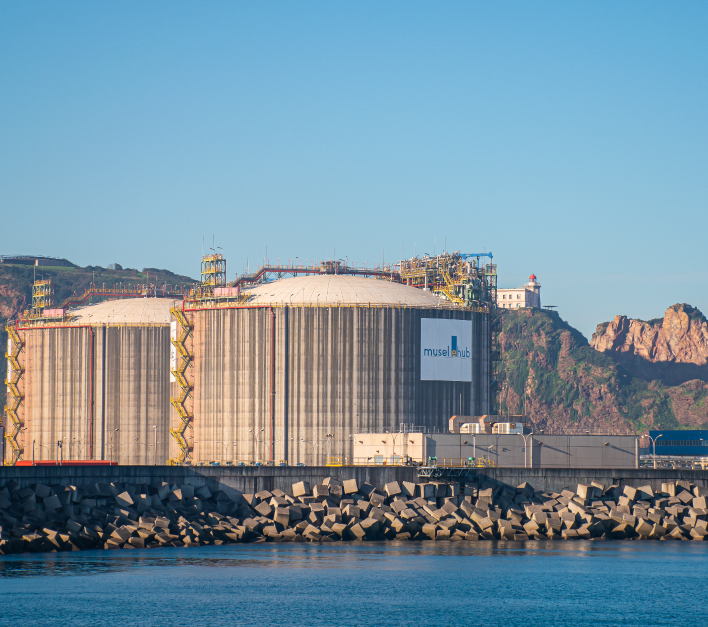
Another key aspect is the management of natural capital and biodiversity, with actions aimed at preventing and reducing impacts related to waste management, water abstraction, land use, noise and light emissions.
The environmental impact statement of the Ministry for Ecological Transition and the Demographic Challenge is available below. It contains the result of the ordinary environmental impact assessment carried out and determines the conditions to ensure adequate environmental protection throughout the life of the asset.
We contribute to environmental protection
The terminal is an infrastructure that not only contributes to the security of energy supply, but also has a positive impact on its surroundings. In terms of economic development, the terminal is a boost for the port of Gijón, which in recent years has consolidated its position as the main bulk port in Spain and one of the most important in the whole of the Atlantic Arc.
From the start of the operational phase in 2023, the terminal has created more than 50 direct jobs and around 100 indirect jobs in the area. In addition, the facility promotes an inclusive working environment and is committed to diversity and equal opportunities.
100%
carbon neutral
+150
direct and indirect jobs
53%
female employees
The recruitment plan includes people over the age of 45 with a high level of experience in different fields, who are able to share their knowledge with the rest of the professionals, thus achieving a more diverse and inclusive working environment, in line with the company’s commitments.
Musel E-Hub also employs staff from special employment centre contractors. The scholarship programme has also provided internships for students who have already graduated from the University of Oviedo, with which a new Chair of Renewable Gases has been created to promote the adaptation of the facility as a multi-molecule terminal.
In addition, the plant has a Social Acceptance Surveillance Programme (PSAS) to identify and manage aspects related to local air quality, greenhouse gas emissions, noise levels and discharge control, among others.
Health and safety, key pillars
The health and safety of its professionals, both its own staff and those of collaborating companies, is one of the company’s main priorities, which extends to the environment in which it operates and to the safety of its facilities throughout their life cycle.
In order to achieve this objective, Musel E-Hub has an integrated management system for health and safety (ISO 45001), environment and quality, which also includes the management system for road safety (ISO 39001) and the system for a healthy environment, certified according to the model of the World Health Organisation (WHO). This system is subject to internal audits and external certification.
In addition, the operations carried out by Musel E-Hub comply with the safety instructions laid down in the international maritime standards, OCIMF (Oil Companies International Marine Forum) and SIGTTO (Society of International Gas Tanker and Terminal Operators).
A training and qualification process is also carried out prior to the integration of personnel into the terminal to ensure that each employee receives intensive training in areas such as occupational risk prevention, the environment, processes, terminal equipment and the ATEX Directive, among others. This ensures that staff are properly trained for each job.
